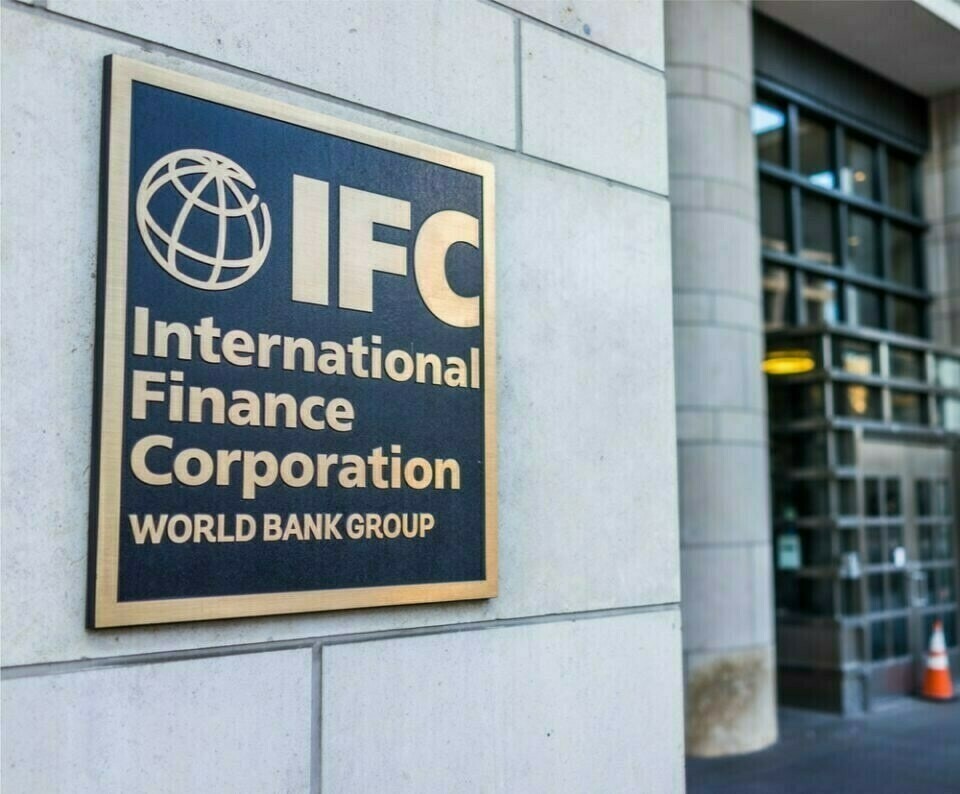EDITORIAL: The chief of International Finance Corporation, the investment arm of the World Bank, Makhtar Diop, ahead of his two-day visit to the country, urged Pakistan to strive for political and macroeconomic stability, accelerate reforms to unlock the private sector’s growth potential, double investment-to-GDP ratio while ensuring prosperity in the long run.
This is indeed more than a handful of advice that lending agencies have been giving to debtor countries in general, including Pakistan; and since 2019 multilaterals, led by the International Monetary Fund (IMF), have documented and uploaded on their website persistent failure of our successive administrations to implement the reforms agreed under the previous twenty-one programmes.
This, in turn, led to lender agencies to refuse to grant waivers on critical time-bound quantitative and structural benchmarks that were agreed.
Today Pakistan is on the twenty-fourth IMF programme and our leverage in terms of phasing out extremely harsh, read politically harsh as their impact is felt at the grass-root level, is non-existent and even friendly countries with a history of bailing out the country as and when the cyclical nature of the balance of payment problems become acute, refused to extend any assistance unless the country is on a rigidly monitored IMF programme.
While attending the World Government Summit held in Dubai this week Prime Minister Shehbaz Sharif met with the Managing Director of the IMF and his take on the meeting was that IMF pressure is no longer a matter of concern, pressure one may assume in terms of attaining full cost recovery of utility companies (with higher tariff negatively affecting the general public) and raising tax revenue (with sustained heavy reliance on indirect taxes as a revenue source whose incidence on the poor is greater than on the rich).
The MD in a post on X wrote: “I am encouraged by their strong commitment to Pakistan’s IMF-supported reforms and support their decisive actions to pave the way to higher growth and more jobs for Pakistan’s youth population.”
This is a usual diplomatic comment by the head of a multilateral which has an ongoing programme in a debtor country – usual as the role of the head of a multilateral is not to determine loan conditions for a specific country, that is left to the staff knowledgeable about the prevailing macroeconomic conditions.
This does not detract from Prime Minister Shehbaz Sharif’s success in convincing the IMF MD to extend a loan in June 2023 during a meeting in Paris which led to the approval of the nine-month Stand By Arrangement but that approval was contingent on the pledge to reverse two economically flawed decisions taken by the then Finance Minister Ishaq Dar that were violative of the ongoing Extended Fund Facility IMF programme.
The Prime Minister observed Pakistan’s key indicators have improved as an outcome of the IMF programme.
This comment can be easily challenged by a host of independent economists who argue that improvement in the current account surplus is due to a containment of imports (reflected by the continued negativity in large scale manufacturing output) rather than a sustained rise in exports (which rose due to the ban on rice by India that has since been lifted as well as Pakistani companies taking up some delays in Bangladesh meeting export orders due to unrest).
Inflation is down, though the jury is still out as to the extent of data manipulation, but its positive effects are not being felt at the grass-root level with poverty levels at a high of 44 percent, unemployment rising to over 10 percent, which accounts for an erosion of private sector incomes by at least 20 percent since the last four years.
The public sector has received generous pay raises each year at the taxpayers’ expense; however, they constitute only 7 percent of the country’s entire labour force.
There is only one way for the government to increase its leverage with the Fund if it wants to phase out harsh upfront conditions and that is to curtail the budget deficit not by raising taxes, as the focus today appears to be, given that this is a contractionary policy with implications on growth besides being a burden on the consumers, but through cutting its own current expenditure to create the necessary fiscal space.
A reduced budget deficit would not only increase our leverage but also reduce inflation and the pressure on raising taxes would abate and provide the government with more breathing space to implement politically challenging reforms.
Copyright Business Recorder, 2025


















Comments